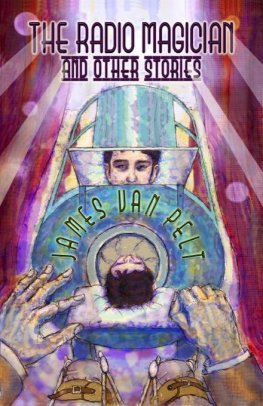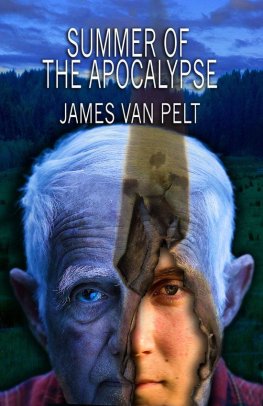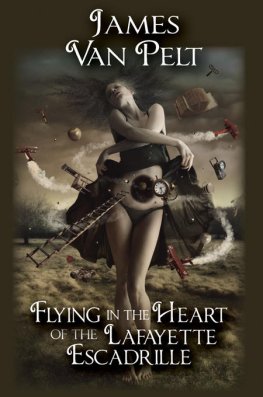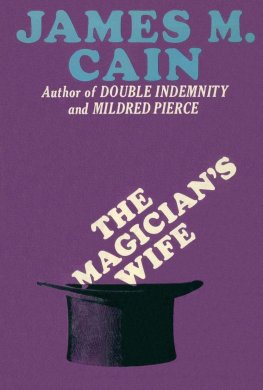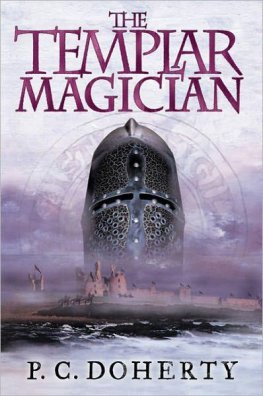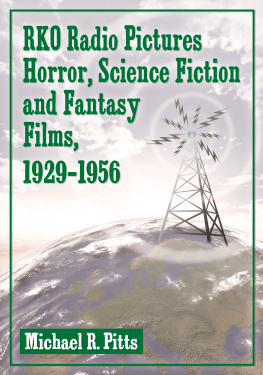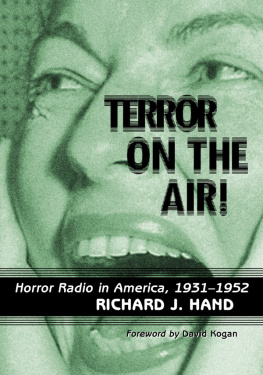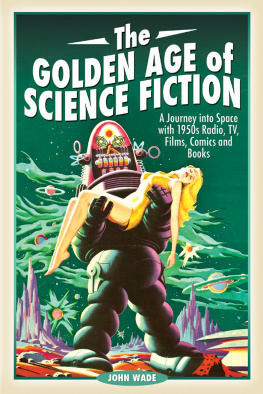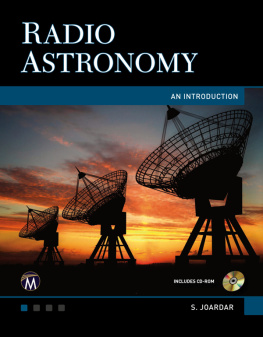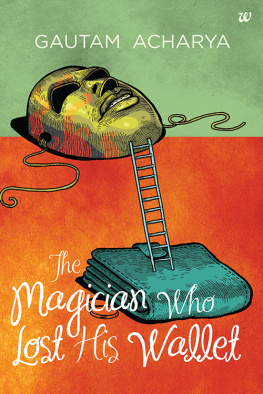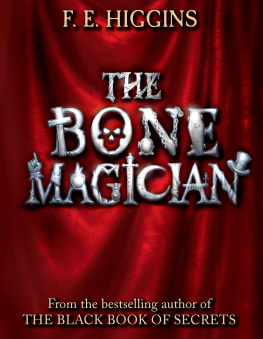James Van Pelt
THE RADIO MAGICIAN
AND OTHER STORIES


To my parents, Betty Van Pelt, who encouraged me to read and was never impatient when that was all I did, and to Jack Van Pelt, who let me stay up late at night with him to watch old science fiction and horror movies. Thank you for Tom Swift, Tom Corbett, Godzilla, Dracula, and all of your love and encouragement.
INTRODUCTION
Carrie Vaughn
I thought I was going to start by talking about my favorite James Van Pelt story in this collection. But looking over the table of contents, I realized I couldnt do it. I couldnt pick just one. I have lots of favoritesa favorite science fiction story, a favorite fantasy, a favorite time travel, a favorite historical, a favorite story about students and teachers (a high school English teacher, Jim tackles the high school experience better than just about any fiction author ever), and a favorite one about families. This is why a James Van Pelt collection is such a lovely thing to have. I dont have to pick a favorite, theyre all here.
This is Jims third collection since 2002, which tells you something about how prolific he is. Jims been writing a long time. But the last few yearsthe stretch of time covered in this current bookhave seen Jims career entering a new phase, taking off, maturing, if I can be so bold as to throw out some of those clichs. Hes risen through the ranks of hot new writer to become, dare I say, established. (Hell probably be shocked to hear this. I know how hard hes worked to get where he is, and hes still working that hard.) These days, hes one of those writers who frequently shows up in the table of contents of top magazines like Asimovs Science Fiction. His stories get reprinted in various Years Best anthologies. More than all that, though, hes one of those writers who youre happy to see in any table of contents. As in, Oh, excellent, a new James Van Pelt story! You can count on him to deliver a good story well told, with characters you care about and powerful insights. These are not easy things to accomplish.
Jims stories cover a lot of ground. On one hand, you never know what youre going to get: the past, the future, time travel, distant space, a quiet story at home, present day in a school. On the other hand, you know exactly what youre going to get, and its the reason you read a James Van Pelt story in the first place: humanity. In his stories, Jim is in conversation with his culture, with history, ideas, literature, people. Different kinds of people, groups of people, individuals. Students, family, fellow writers, fellow teachers, the world. Across time and space, whats come before us and what lies ahead. Hes comfortable writing about the distant past and the end of the universe. His settings, as carefully researched and created as they are (The Radio Magician puts us right in the middle of the almost-forgotten polio epidemic), are tools for telling the bigger stories, the real stories. Whatever else theyre about, theyre primarily about people.
That should seem obvious. Every fiction how-to book and writing workshop discusses character development and motivation, how the story grows out of character, and so on. While most stories have characters, Id argue that not all of them have people. Jims stories are about people. The point of The Inn at Mount Either isnt the amazing hotel with interdimensional capabilities. Its about confronting a nightmare: what if you lost the person you love most in the worldbut only slightly? I suppose I could also go on about metaphor, since a lot of commentary about science fiction discusses metaphor and how the fantastic elements of the genre symbolize other themes that anchor the story to the real world. In that regard, I could talk about how the Inn is a metaphor for what happens when a couple grows apart, recognizing that the person you married isnt quite the person youre now with, the terrible fear that comes from realizing the comfortable life you thought you had no longer exists. But to say the Inn is just a metaphor belittles the story. Because the what if of the fantastic taps into our subconscious better than glib metaphor ever could. Its what made the classic Twilight Zone episodes so powerful, and what makes the Inn so memorable. Dorian really has lost his wife, without losing her. Glib metaphor is safe and easily glossed over. But that sick feeling in the pit of my stomach I get while reading the story? Thats real.
Okay, I changed my mind, I am going to pick a favorite. At least, a favorite at this moment in time, and a favorite when I got to read an earlier draft of it: Where Did You Come From, Where Did You Go? is a thought experiment. Its also about two smart high school girls sitting in class, when something completely bizarre and unbelievable happens. The story itself is a lovely, squicky, nerve-wracking mini-thriller that gets under the skin in the best tradition of The Twilight Zone. But on a more personal level, Olivia is me. I was an intense, engaged, starry-eyed high school kid who thought she was going to change the world but wasnt sure how she was going to do it. That character is so recognizable, and Im sure Jims been seeing her every day his whole teaching career. But the amazing thing is how well he captured her on the page in Olivia. I felt like I was looking in a mirror. What happens to Olivia and LatashaI take it personally. Talk about getting under my skin.
Theres a line from William Faulkners Nobel Prize acceptance speech that gets quoted, perhaps overquoted, about how the only thing worth writing about is the human heart in conflict with itself. (The speech, delivered in 1950, is available to read and hear on the Nobel Prize website, www.nobelprize.org.)
I looked up that quote, intending to talk about it blithely, like most people do, because Jim is one of those writers who gets it. His stories, even the ones about mutants and robots, are about people duking it out and struggling to survive and make sense of the world, and themselves. In reading the speech that the quote came from, I discovered what prompted Faulkner to make the speech in the first place and how amazingly out of context everyones been taking it all this time. He wasnt just tossing off a pithy statement about the function of literature. He was warning us about the death of art.
Our tragedy today is a general and universal physical fear so long sustained by now that we can even bear it. There are no longer problems of the spirit. There is only the question: When will I be blown up? Because of this, the young man or woman writing today has forgotten the problems of the human heart in conflict with itself which alone can make good writing because only that is worth writing about, worth the agony and the sweat.
So. Global war and the atom bomb are distracting us from the true worth of art. Maybe even destroying art. People are too afraid of annihilation to acknowledge such a small thing as the internal struggles of the human spirit. The thing is, putting that quote back in context? Jim still gets it. He writes about that very fear, and how to overcome it. (Literally, in The Light of a Thousand Suns, and in every one of his stories that starts with Armageddon and ends with hope. Jims written a whole novel about that, Summer of the Apocalypse.) Hes been able to make that fear concrete, to humanize itto discover the human heart in it rather than being overwhelmed by the abstract. Heres the end of Faulkners speech:

